Autumn is in the air, which means brightly coloured leaves, cooler weather and fun festivities like Thanksgiving and Halloween. However, fall also brings new seasonal household items that pose a threat to the safety of our pets. To keep your pets healthy and happy, here are some tips to help transform your home into a pet-friendly one this fall.
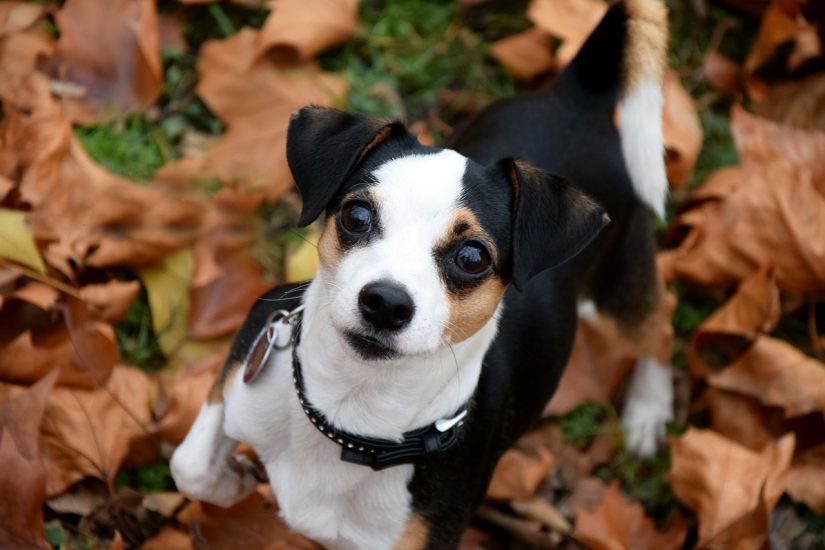
Antifreeze
The start of fall means many people will begin to “winterize” their cars and boats. As a result, pets may inadvertently be exposed to antifreeze. As little as one teaspoon for cats or a tablespoon or two for dogs (depending on size) can be fatal.
Keep your pets far away from antifreeze and clean up any spills on driveways and other hard surfaces. If you see your pet drinking antifreeze, or are at all suspicious that your pet may have had access to antifreeze, contact a veterinarian immediately.
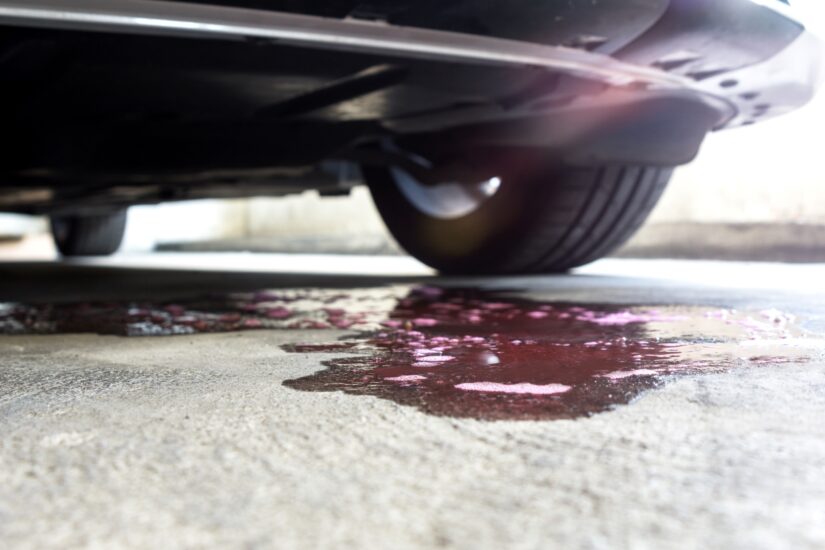
Candles
Lighting scented candles is an autumn treat for many. However, some of these products can be poisonous for our pets. Candles that are made from paraffin wax, use a lead wick or release synthetic oil and fragrances can be toxic. For example, fragrances and/or oil can aggravate existing respiratory illnesses like asthma in your pets due to harmful toxins such as naphthalene or phthalates. Additionally, pets can be susceptible to burns from lit candles and hot wax.
As a precaution, use candles that are soy, coconut or vegetable-based wax with an unbleached 100 per cent cotton wick, and keep them safely out of your pet’s reach.
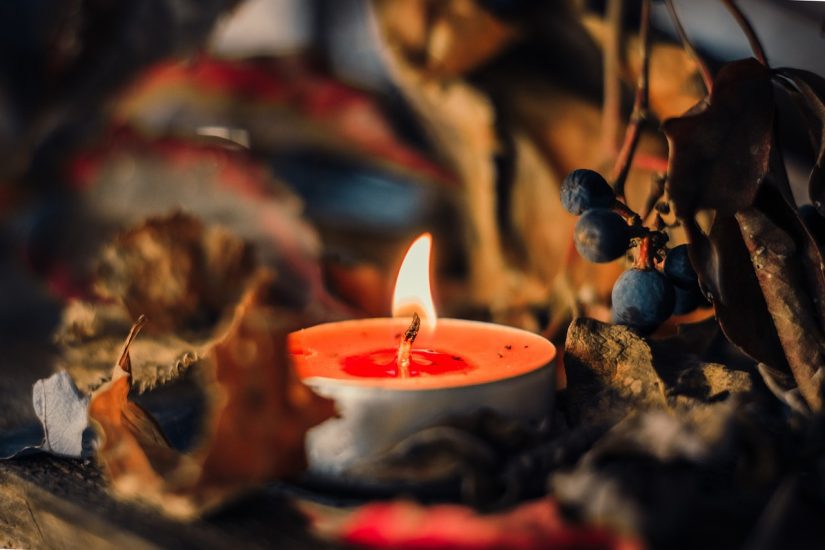
Chocolate and candy
Sweets are synonymous with Halloween and Thanksgiving. Most humans love indulging in their favourite chocolate treat, but, unfortunately, ingesting chocolate can result in significant illness for your dog or cat. Chocolate is toxic for your furry friend because it contains both caffeine and a chemical called theobromine — two chemicals that neither dogs nor cats can metabolize as well as humans. Typically, the darker a chocolate is, the higher its theobromine concentration.
Additionally, xylitol, an artificial sweetener found in products such as gum, candy, mints and sugar-free baked goods, is often fatal if ingested by your pet.
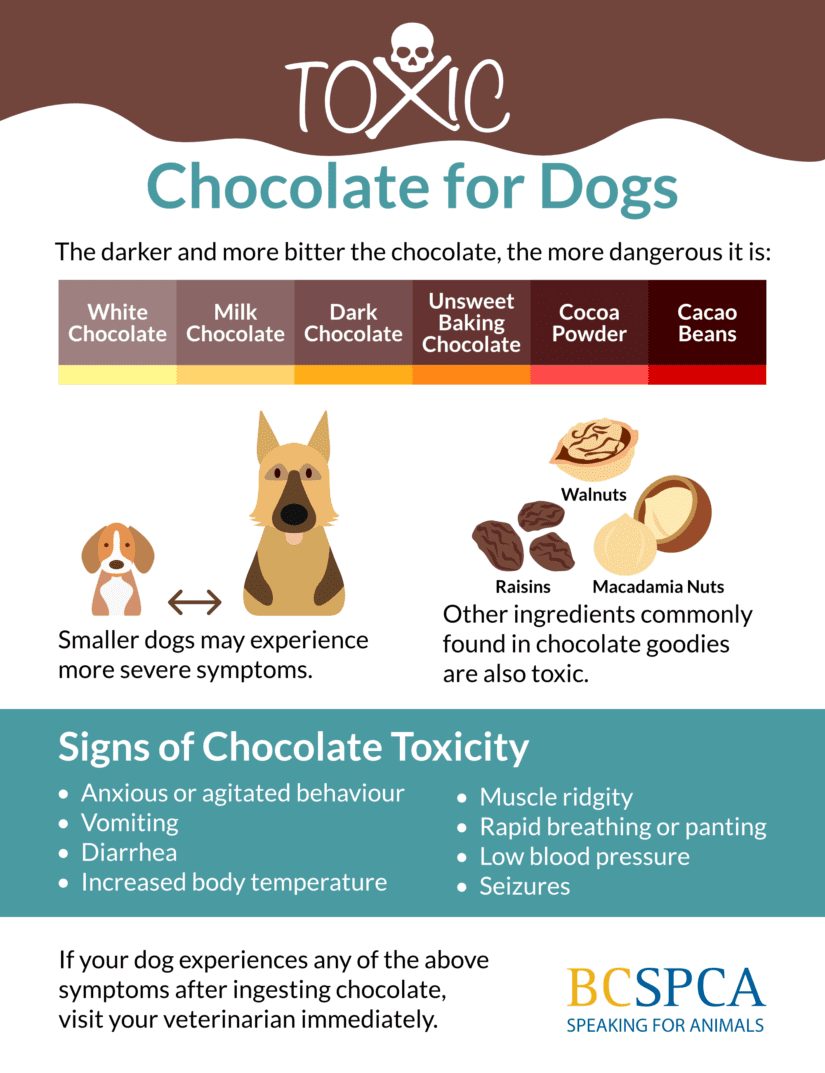
Compost and mulch piles
Piles of leaves and mulch, including compost, are typically part of fall seasonal yard work. However, if your dog ingests compost, it can result in poisoning since decaying organic matter and molding food products can contain ‘tremorgenic mycotoxins,’ which cause tremors. Even small ingested amounts can result in tremors or seizures. Other signs of ingestion can include drooling, agitation, panting and vomiting.
Be sure to keep your dog away from any compost or mulch piles, and discard food waste in a safe and contained manner.
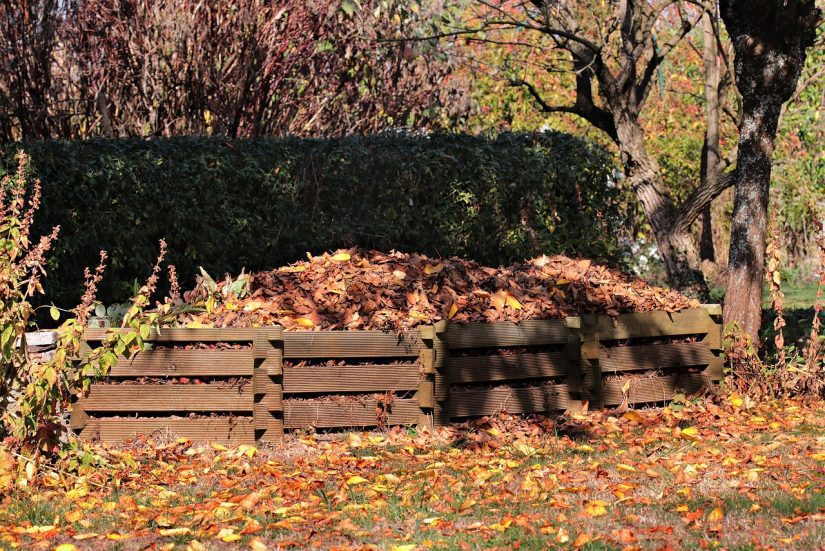
Pumpkin spice
Apart from leaves changing colour, what else heralds the season more than the return of all things pumpkin spice? Whether it’s in our coffee or a baked treat, many of us love our pumpkin spice seasoning during the autumn months.
Pumpkin pie spice is typically a combination of cinnamon, nutmeg, ginger and either cloves or allspice, depending on the blend. It’s important to remember that small amounts of these spices added to foods usually will not be toxic to pets, and the risk of toxicity is highest if a pet gets into essential oils or the spices directly.
For example, while not toxic in small amounts, a large spoonful of dry cinnamon powder could cause respiratory issues for your pet, and cinnamon oil can be toxic even in small amounts. Nutmeg contains a toxin called myristicin, and though it’s not likely to be toxic in small doses, if your pet ingests a very large amount of powder or eats an entire nut, it could cause vomiting, abdominal pain, changes to blood pressure and heart rate and even disorientation, seizures or hallucinations. Likewise, the ingestion of cloves becomes an issue with something like clove oil or whole cloves. Clove oil as well as the clove spice contain compounds called eugenols which can cause liver toxicity in cats. Clove oil may also cause vomiting, tremors or seizures and staggering in cats.
But it’s the other ingredients in pumpkin spice-flavoured foods or beverages that are usually the greatest toxic concern. For example, the caffeine in your pumpkin spice latte can cause serious toxicity when ingested by pets. Even a pumpkin spice baked good can be dangerous for your pet due to its sugar and fat content.
Word of advice: leave the pumpkin spice latte, or any pumpkin spice-flavoured treat, out of reach when it comes to your pets.
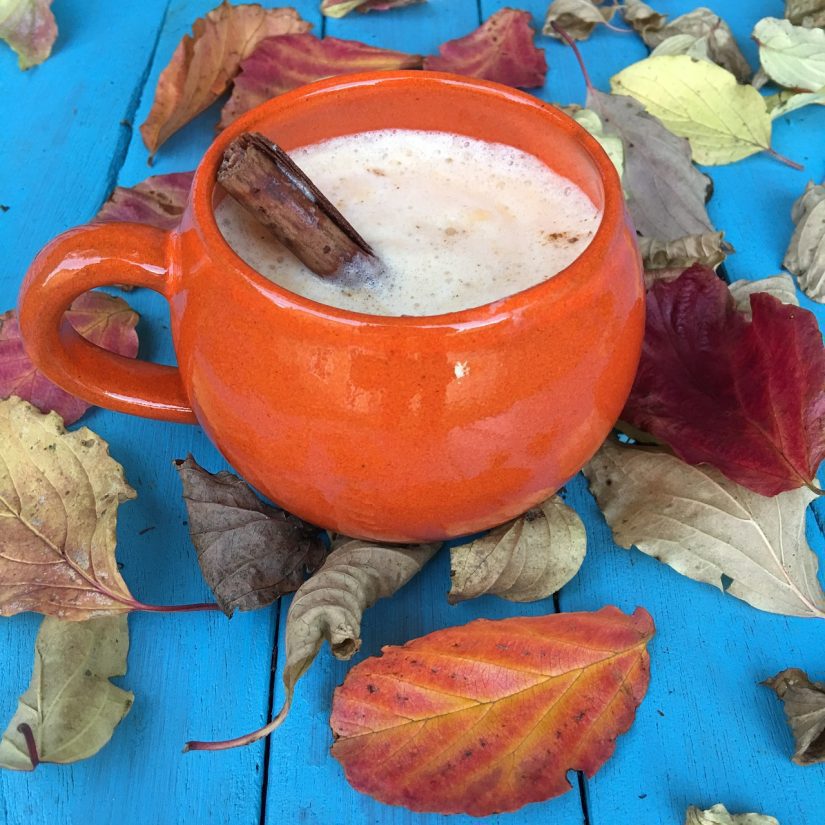
Mothballs
They may look harmless, but mothballs contain either paradichlorobenzene or naphthalene, both of which can be deadly if ingested by your pet. Symptoms of toxicity include vomiting, severe abdominal pain, tremors, weakness and possible kidney or liver failure.
Rodenticides
As the weather starts to turn cool and wet, mice and rats begin to look for shelter, warmth and food. Protecting your home from rodents is important, but rodenticides are also lethal to pets and wildlife. Learn how to humanely rodent-proof your home.
Should you suspect your pet has ingested something toxic, call your veterinarian or an emergency veterinary clinic immediately. How quickly treatment is started can mean the difference between life and death.
